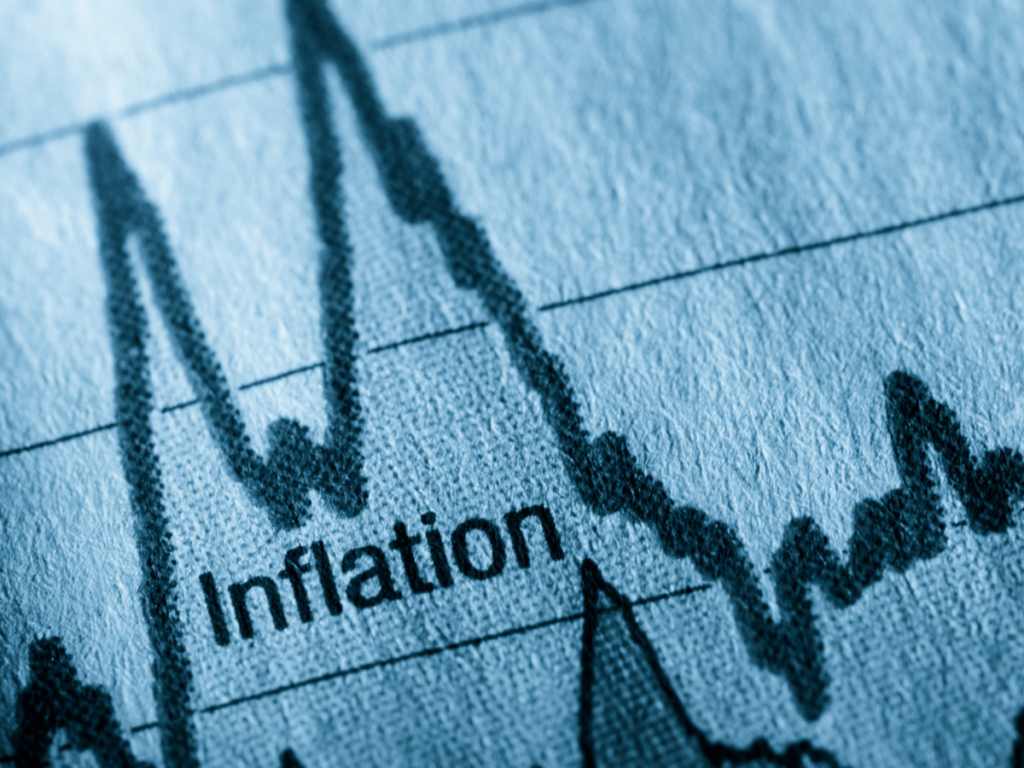Several Latin American countries proactively countered global inflation by raising central bank interest rates before others.
The economy will be less erratic if you get the worm. Several Latin American countries joined the fight against global inflation earlier than most by raising interest rates at their central banks. The current debate centers on whether or not such nations are easing up too soon.
Divergent Inflation Strategies: Impacts and Outcomes
As inflation began to soar in 2021, central banks in Europe, the UK, and the US first adopted a more wait-and-see attitude. However, after a year, it became apparent that growing prices were more than just a short-lived pandemic hangover, and they started to follow their Latin American counterparts.
On the other side, central banks in Brazil, Mexico, and Chile moved quickly and increased interest rates as early as 2021, sometimes reaching double digits. Most people find those statistics frightening, yet sometimes you have to face your fears:
- The benefits of its rapid actions are now being felt across Latin America. Inflation in Chile has decreased by almost half over the past year to 7.6% while Brazil’s rate has decreased to roughly 3%, exceeding the country’s target. The Mexican peso has risen to its highest level versus the US dollar in almost ten years, and the manufacturing, service, and export sectors are all performing well, supporting the country’s GDP growth.
- Although the US Federal Reserve has successfully reduced inflation to 3% over the course of the last 12 months with 11 rate hikes, the cost of food, housing, and healthcare is still high, therefore the inflation rate is still higher than the Fed’s target of 2%. Rate reductions from Chairman Jerome Powell & Co. most certainly won’t begin until after 2024 officially begins. The EU and the UK, whose inflation rates are 5.5% and 8%, respectively, both have worse situations.
Too Close to the Sun: A few countries in Latin America have already begun decreasing interest rates as a result of the region’s strong economic performance. The first to enter the race was Uruguay in July, reducing its interest rates by 50 basis points to 10.75%; Chile did so just last week; and Brazil is probably going to follow suit this week. On paper, everything looks fantastic, but some economists think an Icarian situation might be on the horizon. “The central banks can’t declare victory just yet,” Inter-American Development Bank official Eric Parrado told the Financial Times. They must exercise caution since there is still a great deal of doubt on whether core inflation measurements, which exclude energy and food expenses, have established a definite downward trend.












